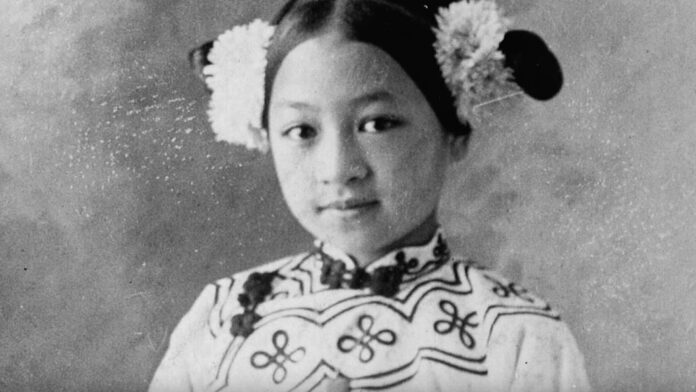By Louis Chan, AsAmNews National Correspondent
I had never heard the story of Tye Leung Schultz until by chance I saw it on YouTube.
Shulze became the first Chinese American woman ever to cast a vote in the United States. She won that right when California in 1911 became the first state to allow women to vote.
PBS documented her story as part of its American Masters series.
“I think we should not vote blindly, since we have been given this right,” Schulze said.
Seeing Schulze’s story reminded me about an ongoing story happening across the United States. It’s the kind of story that makes most people’s eyes glaze over.
Across the country, in both cities and states, district boundaries are being decided. Why should Asian Americans care? Because how those boundaries are determined could decide if Asian Americans are given a voice in the electoral process or are so chopped up into pieces that our voting power becomes diluted.
In Chicago, the community is fighting hard to gain a majority Asian district in the 11th ward, reports Pantagraph. There are currently no Asian Americans on the council, and in the history of the city, there has been only one-Indian American Ameya Pawar from 2011 to 2019.
In San Jose, Asian Americans make up nearly four of ever ten residents. Yet they only have two Asian majority districts out of 10 under the current proposal. There is currently no Asian American on the city council.
In a recent editorial, the San Jose Mercury News declared the “redistricting process is failing Asian Americans.”
This same battle is occurring in states where State legislative lines are drawn as well as Congressional districts.
Why does this matter? Asian Americans don’t vote the same as other ethnic groups. As a whole, we are more liberal than White voters and more moderate than most Black and Latino voters. This is not to say there are no conservatives in our community. There are and their voice can be loud.
This is only to recognize that if you divide our community and spread it out over numerous districts, you are diluting our voting power.
Asian Americans in Santa Clara, CA sued over this under the Voting Rights Act in 2018 and won. Back then there were no Asian Americans on the Santa Clara City Council. Today there are three on the seven member council.
That’s why we need to pay attention to this seemingly boring process of deciding how our political boundaries are drawn and speak out if we see our voting power getting split into little pieces.
Tye Leung Schulze spoke out. She resisted domestic servitude and an arranged child marriage. She provided translation services and comforted Asian immigrant victims of human trafficking in San Francisco. She became the first Chinese American woman to work for the federal government and the first Chinese American woman to vote in a U.S. election.
When we think of the fight over political boundaries, think of Tye Leung Schulze.
AsAmNews has Asian America in its heart. We’re an all-volunteer effort of dedicated staff and interns. Check out our new Instagram account. Go to our Twitter feed and Facebook page for more content. Please consider interning, joining our staff, or submitting a story, or making a contribution.


